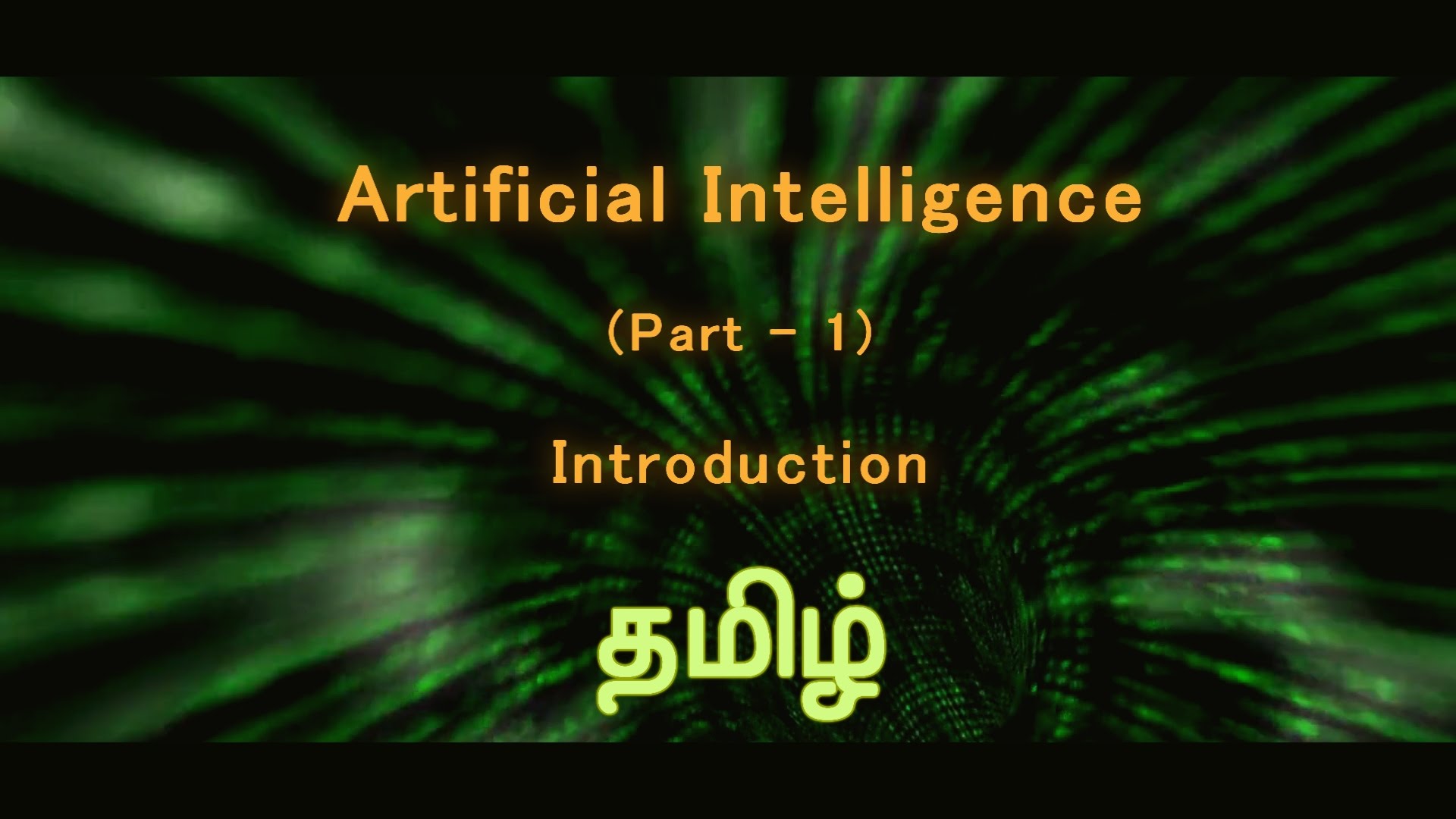iqsquared
Want to join the debate? Check out the Intelligence Squared website to hear about future live events and podcasts: http://www.intelligencesquared.com
__________________________
http://www.intelligencesquared.com/events/steven-pinker-ian-mcewan-good-writing/
Filmed at the Royal Geographical Society on 25th September 2014.
Steven Pinker is one of the world’s leading authorities on language, mind and human nature. A professor of psychology at Harvard, he is the bestselling author of eight books and regularly appears in lists of the world’s top 100 thinkers.
On September 25th 2014 he returned to the Intelligence Squared stage to discuss his latest publication ‘The Sense of Style’, a short and entertaining writing guide for the 21st century. Pinker will argue that bad writing can’t be blamed on the internet, or on “the kids today”. Good writing has always been hard: a performance requiring pretence, empathy, and a drive for coherence. He answered questions such as: how can we overcome the “curse of knowledge”, the difficulty in imagining what it’s like not to know something we do? And how can we distinguish the myths and superstitions about language from helpful rules that enhance clarity and grace? Pinker showed how everyone can improve their mastery of writing and their appreciation of the art.
Professor Pinker was in conversation with Ian McEwan, one of Britain’s most acclaimed novelists, who has frequently explored the common ground between art and science.
Source




偽善者
China is a piece of shit. not only that, but my fucking stupid girlfriend is really fucking annoying. fakely acting like she is working hard.
KILL EVERYONE. NOW I KNOW TRUE PAIN. I KNOW HATRED> I KNOW HYT PEOPLE GET ANGRY AND DONT CARE ABOUT ANYTHING ELSE. AMAZING.
Why does it seem like all our intellectuals are sniveling little Jews?
enormity vs. enormousness
"Enormity, some people insist, is improperly used to denote large size. They insist on enormousness for this meaning, and would limit enormity to the meaning "great wickedness." Those who urge such a limitation may not recognize the subtlety with which enormity is actually used. It regularly denotes a considerable departure from the expected or normal.
⟨ they awakened; they sat up; and then the enormity of their situation burst upon them. "How did the fire start?" —John Steinbeck ⟩
When used to denote large size, either literal or figurative, it usually suggests something so large as to seem overwhelming
⟨ no intermediate zone of study. Either the enormity of the desert or the sight of a tiny flower —Paul Theroux ⟩
⟨ the enormity of the task of teachers in slum schools —J. B. Conant ⟩
and may even be used to suggest both great size and deviation from morality.
⟨ the enormity of existing stockpiles of atomic weapons —New Republic ⟩
It can also emphasize the momentousness of what has happened
⟨ the sombre enormity of the Russian Revolution —George Steiner ⟩
or of its consequences.
⟨ perceived as no one in the family could the enormity of the misfortune —E. L. Doctorow ⟩"
from Webster's on-line dictionary
One person asking a question used the word 'flaunt' when she should have said 'flout'. I thought one of the speakers might have picked her up on this, but, to their credit, neither of them did.
btw, Is that really Steven Pinker, or is it Sir Simon Rattle, or possible Kevin Kegan?
Fuck shit. This guy is minting money out of any BS he says,
English has half a million words 4:50 min??? Wow that fades in comparison with German … We have about 23 Million words… What a joy -.- 🙂
Google is not making us Stoopid. How dhare you.
Pah-lease! What would Pinker know about writing? Doubt he could serve as an example in making any witty or sarcastic commentary on a matter as complex as language!
I still can't connect my printer to the internet – and I am a scientist
I am
likebemused bylikethe tendency ofliketoday's speakers tolikeuse the word "like" afterlikealmostlikeevery otherlikeword…likeIn my day, it was "uh" that gave my teacher the
likefits… 'uh…'21:50 the lunatics are running the asylum 🐸
Funny, I just saw it, Pinker has the exactly same voce, facial expressions and so as James Corbett.
39:18 “The beginning student […]” (singular) “[…] one of the first things they’re […]” (plural).
steven pinker seems like the type of guy that would be hard to live with. i can just imagine him telling his wife how he likes his eggs…
Um, how about, um, ahh, ah, good speaking?
22:43 gospel
The problem with ‘Hopefully’ – and other adverbs that set a mood at the start of a clause, eg ‘Sadly’ – is that it looks like an adverb unattached to any verb. This can lead to confusion: “Sadly, Bill and Lucy are emigrating”. The speaker may be sad about it, but Bill or Lucy can’t wait to go. Perhaps such usage could become fully accepted if we all agree that after a ‘Sadly’ or ‘Hopefully’ there’s a tacit ‘I’m telling you that’, so that the adverb is understood to be attached to the tacit verb ‘telling’ or ‘reporting’.
https://youtu.be/61p8HFnJHD4?t=5235
Sick chat lads, literally lovin every second.#prosebros
Have you ever read one of Pinker's books? I have read one. It was not very well written. His writing might be technically sound, but he does not convey ideas clearly and the ideas he tries to convey are tortured. He's a good speaker. I'll give him that. But if you are used to reading the best expository writers you will probably be somewhat disappointed reading Pinker.
Ian McEwan should not attempt to speak
What is the opposite of intelligence squared? Pinker is a savant in the pseudo science of evolutionary psychology, What he knows about good writing could fit on the back of a postage stamp, His books are written in stodgy prose Like most Americans but especially Chomsky he believes he is omniscient, He knows nothing of the question of Socrates or the motto of, Montaigne, The chutzpah and hubris of Americans is infinite
1:17:30 Mr. Pinker, the singular, "they," is perfect. What's interesting here is that it remains an issue for you.
Pinker says UHH so many times he is impossible to listen to. Is that a word?
There is also bad speaking! The use and abuse of "You know" and the "ah" of this speaker
IMO, this is an MTF shill.
civil war hair
steven pinker tells you exactly what you need !
Wow!
This is another 4 years ago
" Now I'm really worried about
the Twins!"
This is to me an important reverie — didn't find the right term but close enough — regarding clarity in language. Clarity is the operative word. It was hard for me, growing up in the early '70s, to commit as a linguist to the accelerated pace especially in English which is not my 1st language (no French Academy etc) to the plethora of neologisms as language changed evermore quickly. Disinterested used to mean without prejudice and fortuitous was a synonym for happenstance.. When Sausurre wrote about an entirely new field of study he also thought that in macro terms one would need a new dictionary every 50 yrs or so, which is simply wrong. I was very lucky in my mentors in academe and this is an excellent conversation with Ian McEwan who paradoxically in my view has grown more accessible as time goes by; perhaps I read a lot of Ian McEwan. What is clear is that great writers either in expository mode or fiction write to be understood. Language is precious and not to be trifled with, to use a 19th century conceit. You could write in fiction like a waterfall if you were Charles Dickens but every paragraph would obey internal rules of coherence. Thank you to both participants, an inspiring conversation.
I thought this might help with current attempts at fiction writing. But it doesn't. All for academics — so beware.
He has genius hair. go home.
What’s with all the “eh” after every few words? It disrupts the flow of the speech immensely.
Top 20 Donkeys of all Time
1. Steven Pinker
2. Richard Dawkins
3. Sam Harris
4. Christopher Hitchens
5. Daniel Dennett
6. Victor Stenger
7. Ken Ham
8. Ben Shapiro
9. Jordan Peterson
10. Jair Bolsonaro
11. Hugo Chavez
12. John Bolton
13. Nicholas Maduro
14. David Cameron
15. Karl Marx
16. Sigmund Freud
17. Stephan Molyneux
18. William Jennings Bryan
19. Eric Dubay
20. Mark Sargent
Turn this off and get back to writing.
Thank you Mr. Pinker for your pedantic analysis of the obvious.
Oof this reminded me of when I was writing my thesis. I tried my best to write it as something that was easy to understand. My mentor dragged his feet so much that he basically rewrote it so that it was incomprehensible and I just went with it to get the damn thing done.
Didn't questioner at 1:04–1:05 use the word "flaunt" to mean "flout"?